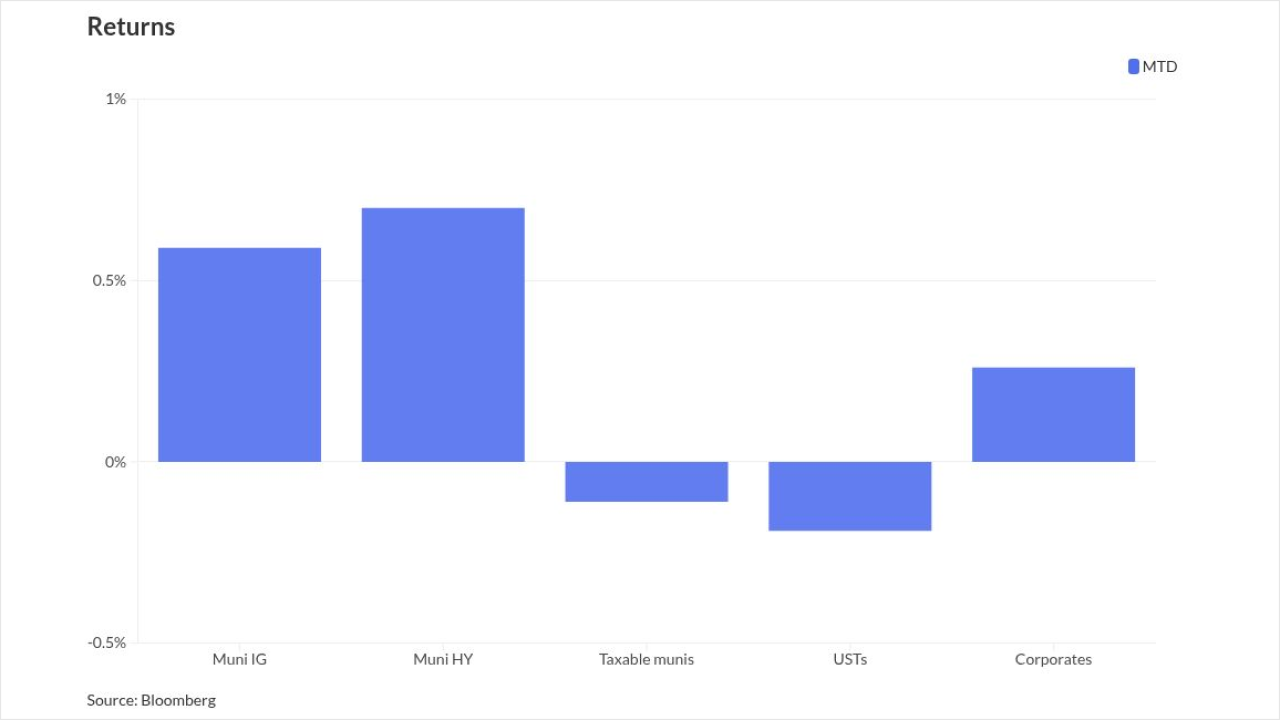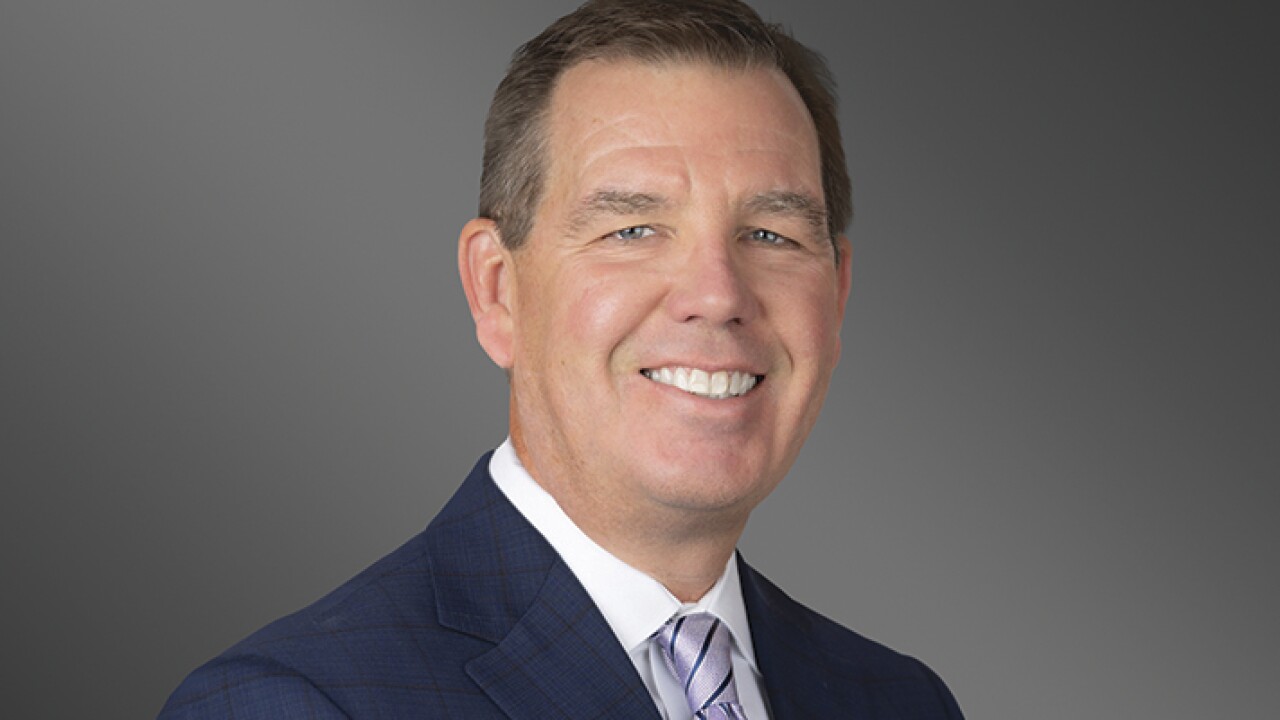
The Securities and Exchange Commission's new chairman is laser-focused on returning the agency — which plays key roles in the municipal securities market — to its core mission and eschews regulation by enforcement, a message that broker-dealer groups have spent the last several years longing to hear.
"So, first and foremost, I want to say that it is a new day at the SEC," Paul Atkins, the agency's new chairman, said in testimony Tuesday before the U.S. House Appropriations Subcommittee on Financial Services and General Government. "I'm determined that we return to our core mission that Congress set for us more than 90 years ago."
The SEC's three-part mission – investor protection; capital formation; and maintaining fair, orderly and efficient markets – was set forth by Congress in the Securities Exchange Act of 1934, Atkins said.
"My time in public service and in the private sector has allowed me to see firsthand how regulations affect markets and investors," he said. "They can stoke innovation, facilitate investment goals and create opportunities or burdens on businesses' ability to compete and to serve their customers."
A key priority during Atkins' chairmanship "will be to develop a rational regulatory framework for crypto asset markets that establishes clear rules of the road for the issuance, custody and trading of crypto assets while continuing to discourage bad actors from violating the law," he said.
"Clear rules of the road are necessary for investor protection against fraud," the SEC chair said. "Policymaking will be done through notice and comment rulemaking, not through regulation by enforcement."
Rep. Dave Joyce, R-Ohio, the subcommittee's chairman, said markets are best able to thrive when they can count on regulatory fairness and certainty.
"Regulation by enforcement is not just unfair, it is counterproductive," Joyce said. "It also ignores Congress and the legal limits it places on regulatory bodies."
The Bond Dealers of America was encouraged by the message Atkins delivered to the subcommittee on Tuesday, according to Michael Decker, senior vice president for research and public policy at BDA.
"There will be many opportunities to address outstanding issues in fixed income regulation during his tenure, and we look forward to working with the SEC under Chairman Atkins' leadership," Decker said in a statement Tuesday.
American Securities Association President and CEO Chris Iacovella also commented regarding the "new day" at the agency, specifically referencing the Municipal Securities Rulemaking Board, the municipal securities market's principal regulator.
"We believe a new day at the SEC means shining a bright spotlight on the MSRB and the politically motivated decisions its leadership took over the past four years," Iacovella said in a statement Tuesday. "We expect that transparency into why the MSRB took such a partisan turn will lead to meaningful changes at the top of that organization."
In November 2024, the ASA petitioned the U.S. Court of Appeals for the Eleventh Circuit for review of an SEC order granting approval of a proposed rule change to shorten the timeframe for reporting trades in municipal securities to the MSRB.
The MSRB "is a quasi-public, quasi-private regulatory entity that has no place in our Constitutional structure," the ASA said in its Feb. 27
During Tuesday's hearing, Rep. Steny Hoyer, D-Md, ranking member of the subcommittee, expressed concern regarding enforcement. According to Atkins' written testimony, the SEC's offices and divisions have decreased headcount by 15% since the start of the current fiscal year.
"I am very concerned about the fact that we are reducing enforcement in many agencies, in yours and particularly in the [Internal Revenue Service] where in my opinion enforcement is being devastated," Hoyer told Atkins during the hearing. "We know, as human beings, that if we don't think there is a cop on the beat, we may go 55 miles an hour rather than 50 miles an hour."
In the SEC's Division of Enforcement, headcount is down 15%, which "is not as high as for example the general counsel's office or investment management or .. trading and markets," Atkins said.
"So the enforcement division is at … the average of the overall decrease in headcount," the SEC Chairman said.
Hoyer asked Atkins whether "the SEC and/or commissioners [made] that determination or did DOGE implement those reductions?" Hoyer was referring to the Department of Government Efficiency, an initiative created by President Donald Trump.
"No, ... actually the employees themselves made it, because these are all voluntary retirements," Atkins said.





